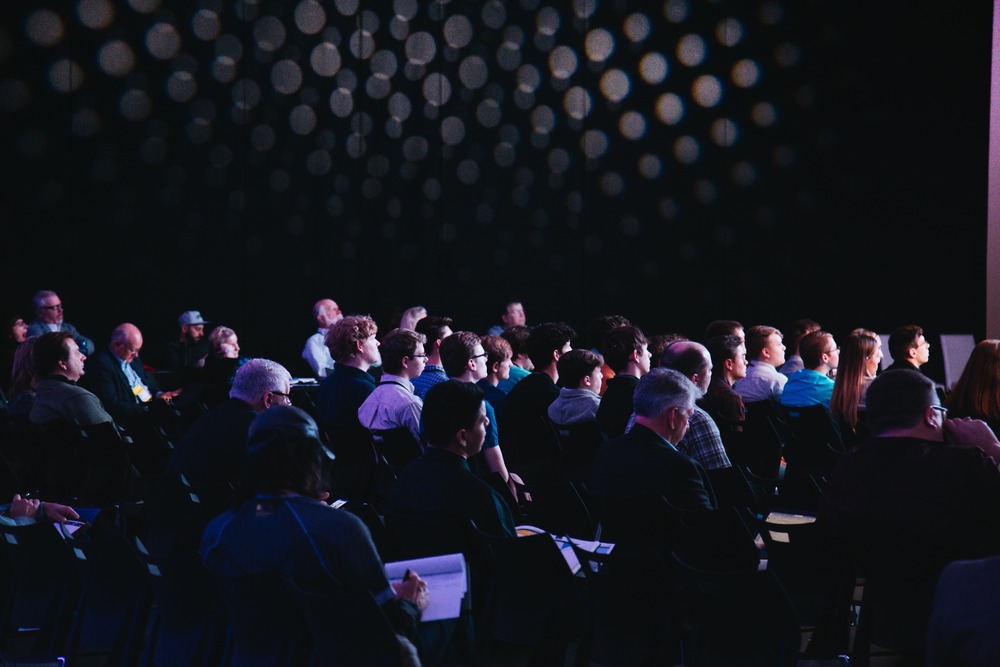Tim Darwall-Smith, Director, SBA Property Management

Taking place in Leeds for the second consecutive year, The UK’s Real Estate Investment & Infrastructure Forum (UKREiiF) saw property professionals from across the country gather to discuss the latest industry topics and trends.
There was plenty to discuss, with over 6,000 industry professionals and attendees descending on the city for this year’s three-day event. Hot topics included infrastructure, the planning system, affordable housing, and the move to net zero – continuing the conversations started at MIPIM earlier this year on the wider sustainability agenda.
So, what exactly can industry leaders do to tackle the challenges highlighted at UKREiiF within their regions? And what tools are available to help them achieve this?
Reaching net zero
As predicted, net zero dominated discussions at this year’s UKREiiF, with sustainability targets at the forefront of minds across the industry – with everyone from property managers to investors focused on making strides towards net zero targets set by their organisations and the Government.
Dedicating a pavilion to the cause, UKREiiF put on a jam-packed itinerary of panel discussions and workshops to spark debate among attendees.
An emerging theme was a focus on industry partnerships to promote sustainability solutions, with the event allowing professionals to network and build new connections.
Collaboration is clearly key for the sector to make net zero a reality… take for example, the UK Business Council for Sustainable Development’s membership network, which provides access for its members to forward-thinking, tangible solutions to help shape the UK’s sustainability agenda.
With thousands of businesses and governments globally looking to achieve net zero emissions by 2050 in the United Nation’s Race to Zero, it’s more important now than ever to collaborate.
The future of real estate
At SBA, we work closely with our clients and contractors – be they our solutions providers or leaseholders – to understand how we can make the best possible contributions to supporting the sustainability cause through our properties.
We understand that net zero isn’t achievable without our industry taking action. As one of the most significant contributors to carbon emissions, with around 30% of global emissions annually coming from the real estate sector, we are taking actionable steps to reduce our impact.
As property managers, the continued integration of PropTech into our services has allowed us to become more agile and flexible in managing our buildings and blocks. By adopting innovative approaches, such as integrating intelligent technologies, we have optimised asset performance and enhanced connectivity to resolve issues faster. We support our leaseholders through these changes by providing information and advice to their tenants, which leverages data and AI.
Property managers should be brave in integrating new technologies into their service offerings to support optimisation and advancements for our future. For example, technology can help property managers and leaseholders keep on top of Minimum Energy Efficiency Standards (MEES) regulations and deadlines – a topic highlighted at UKREiiF.
The introduction of MEES for buildings presents a significant challenge for the industry. With vast numbers of properties currently failing to meet proposed standards, substantial upgrades will be required across the length and breadth of the country. With early planning and well-considered action, managers can avoid surprises and support their leaseholders through these changes. Even small changes can support the acceleration of progress towards net zero.
Infrastructure and the circular economy
Another prominent topic of conversation at UKREiiF was infrastructure and the prioritisation of reuse over re-building to prompt a shift towards a circular economy. Leaders called for a long-term infrastructure-type approach to all new house building to support this.
To align with this approach and support the move to a circular economy, property managers should seek out opportunities to implement a forward-thinking approach where possible to all their properties – new or old.
A good opportunity to implement sustainable solutions is within build-to-rent accommodation, much of which is built with the correct infrastructure to do so. By keeping on top of leaseholder and resident priorities, such as those dominant in discussions at UKREiiF, including energy efficiency and recycling, property managers are well-placed to maintain a high-quality offering.
At SBA, we maintain an innovative approach throughout our practices, enabling us to stay ahead of the curve when it comes to the needs of the industry, our leaseholders, and their tenants.